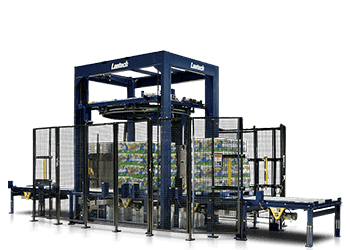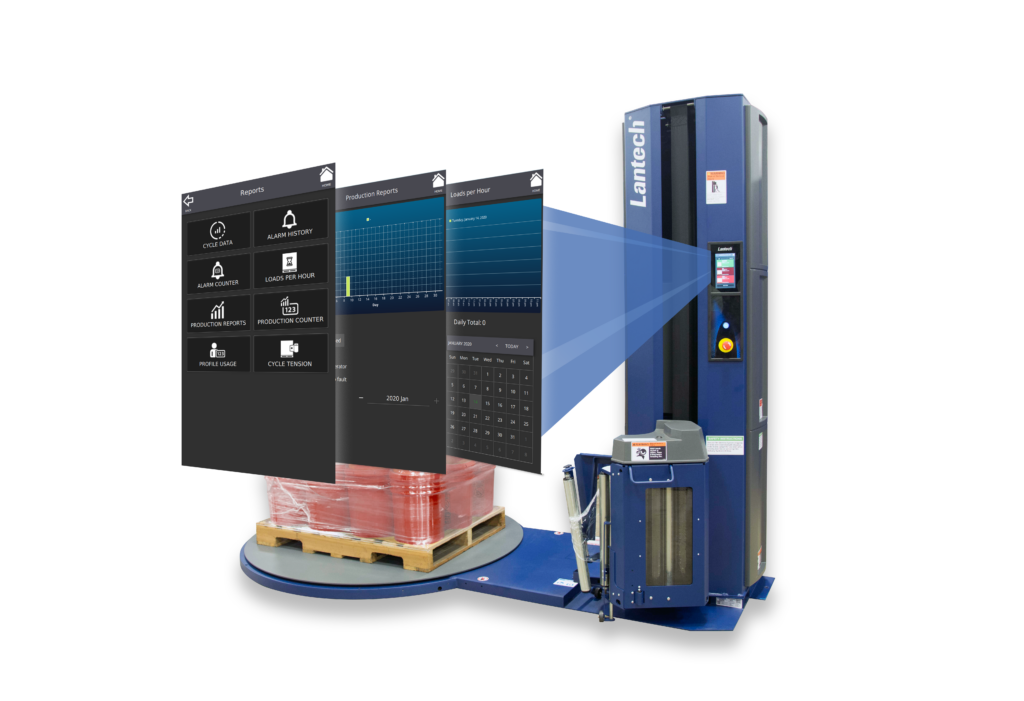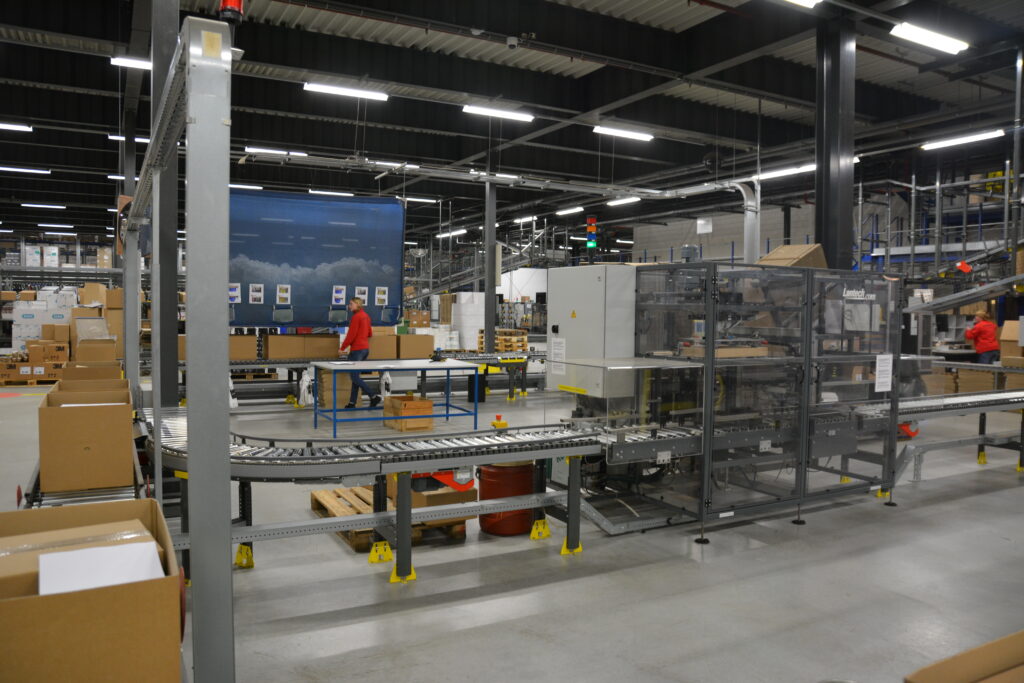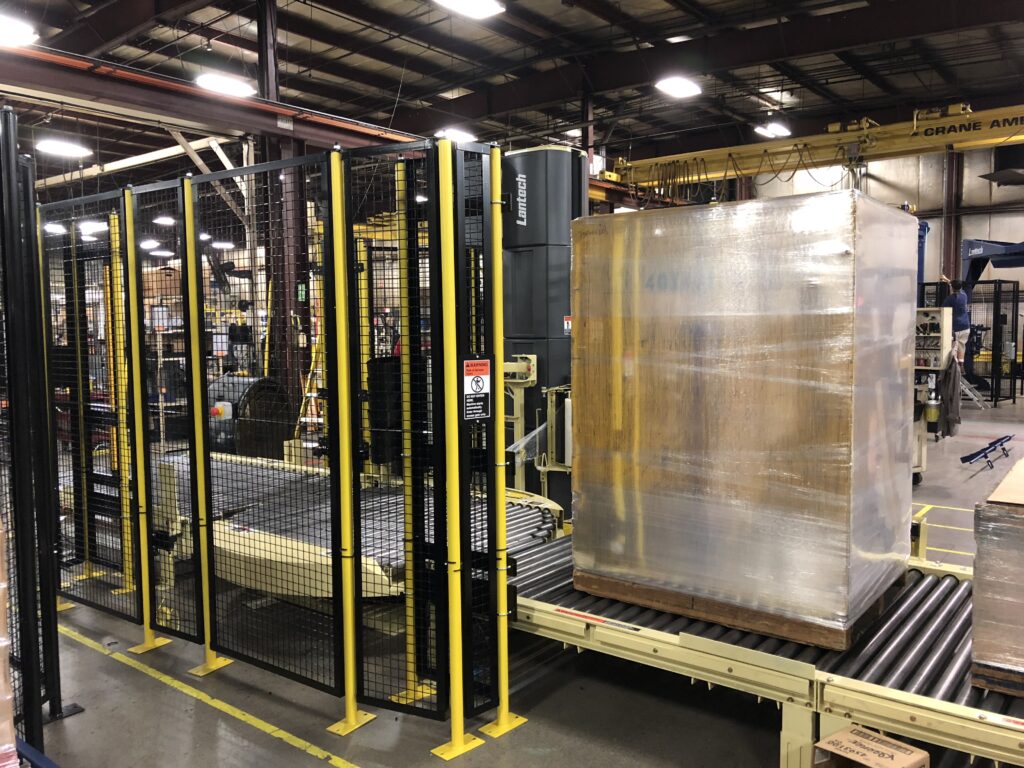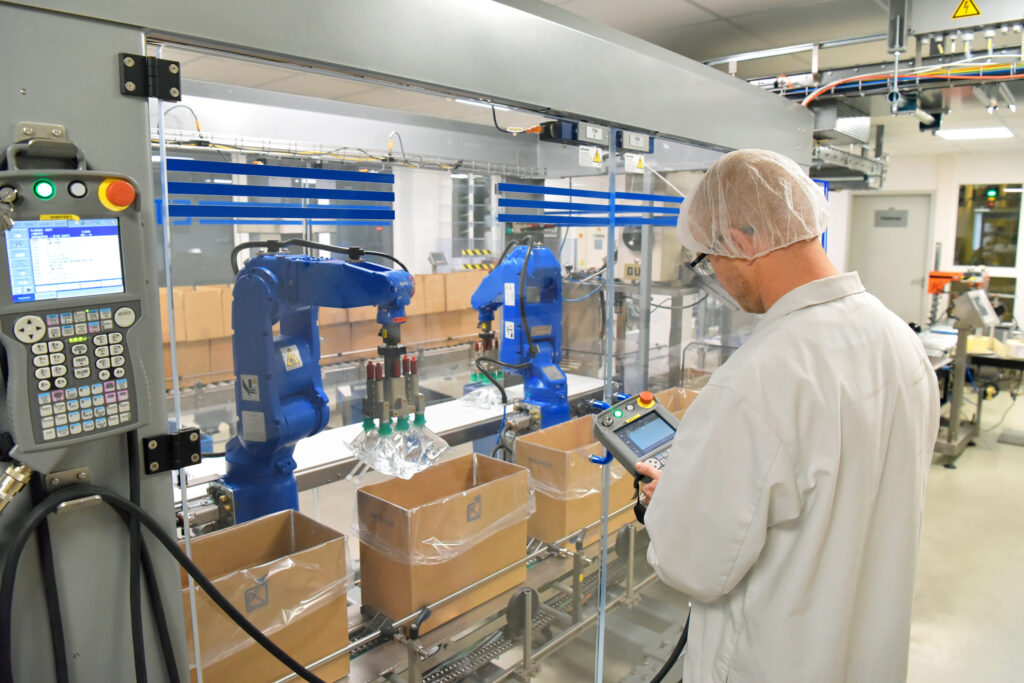We chatted with CEO Jim Lancaster about our Lean manufacturing and management system. In the early 1990s, Lantech became an early adopter of Lean, a process that eliminates waste and ultimately gives the customer the most value.
For our second post of the series, Jim shares what it takes to be a successful manager.
- A manager gets things done through supporting others. My job as a manager is to facilitate the people providing the value to the customer. Otherwise, I’m not needed. Think about the pizza delivery industry. If someone isn’t doing a job that directly provides the value – supplying the ingredients, making the pizza, or delivering the pizza – then he or she is just overhead. So most importantly, a manager better not get in the way of the people making the money. The manager needs to help the operators make a better tasting pizza delivered hotter and faster by eliminating the barriers and frustrations involved in doing that.
- An effective manager spends most of the time actually managing. Leadership and management go hand-in-hand, but are different. Before my Lean journey, I thought leadership should take up most of a manager’s time. But now I believe a manager should spend 90 percent of his or her time managing and only 10 percent leading. A manager holds the current condition and improves it by taking steps forward, supporting the folks adding value. The leadership part is about setting direction and communicating, so people follow to a new place or process.
- A manager is the operator’s wingman. The manager sets up the operator for success by helping him or her solve problems. When our semi-automatic stretch wrapper production line shuts down because of an incorrectly installed control panel, the manager looks for the reason behind the mistake. The operator is not blamed. The operator is involved in the process of looking for how the mistake happened and how the environment can change to make it less likely to occur again.
- An operator may resist Lean unless he or she experiences it firsthand. People don’t like change, especially if that change does not help them. Adapting to different ways of thinking takes time and patience. Unless the operator has connected a new process to a better work environment or better success, a new principle is unlikely to stick.
A successful manager invests in his people. The operator doesn’t fear the consequences of making a mistake. Rather, he uses tools taught by his manager to solve problems.
For more information, you can contact us on our website or call us at (502) 815-9109.
Click here to read related blog: 4 Things You Didn’t Know About Visual Management
This post was published on March 5, 2014 and updated on July 31, 2017.
March 5, 2014

